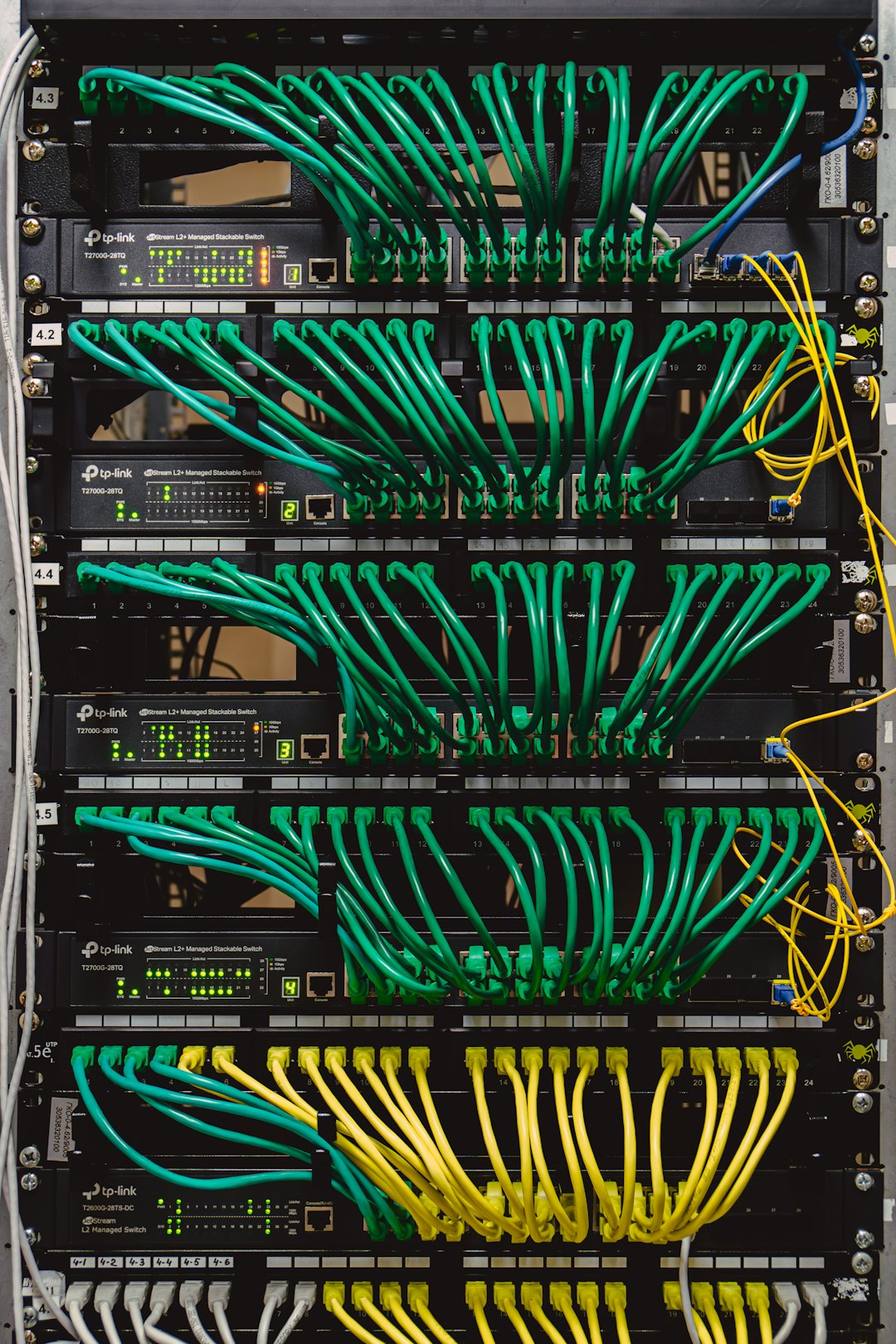Have you heard rumors that network engineering is dying? Maybe someone told you that everything’s going to the cloud and automation will replace all jobs. Let’s take a moment to explore this idea—before we go digging the grave for network engineers!
First, what *is* network engineering? In simple terms, network engineers make sure your internet works. Whether you’re streaming movies, sending emails, or joining Zoom meetings, network engineers keep the plumbing of cyberspace running smoothly.
This field is all about planning, building, and managing the networks that connect computers and devices. Think routers, switches, firewalls, and cables. Oh, and don’t forget *virtual* networks too!
Why People Think It’s Dying
There are a few reasons why people believe network engineering is on the decline:
- The rise of the cloud: Companies are moving their systems to big cloud providers like AWS, Azure, and Google Cloud.
- Network automation: Scripts and smart tools can now do jobs that network engineers used to do manually.
- Software-defined everything: There’s a shift toward Software Defined Networking (SDN), where software takes the driver’s seat.
It sounds scary, right? But hold on a minute. Don’t buy that tech-doom just yet.
The Truth: It’s Evolving, Not Dying
Yes, the job is changing. But dying? Not even close. In fact, network engineering is more exciting than ever!
Here’s why:
- The internet is growing. More devices, more connections, more demand for speed and reliability.
- Cloud networks need engineers too. These systems are still networks. They’re just bigger and more complex.
- Security threats are rising. Bad guys want in. Network engineers help keep them out.
- Remote work is here to stay. Companies need stable and secure networks everywhere.
So no, network engineering is not dying. It’s transforming. And that’s a big difference.

What Skills Are Hot Now?
To stay ahead, network engineers need to update their toolkits. Here are some key skills:
- Cloud networking: Learn how networks work in AWS, Azure, or Google Cloud.
- Network automation: Master tools like Ansible and Python.
- Security basics: Understand firewalls, VPNs, and Zero Trust models.
- SDN knowledge: Explore how software and virtualization are changing the game.
A network engineer in 2024 is half builder, half tech wizard. It’s not about plugging in cables anymore—it’s about creative, scalable solutions.
Will AI Take Over?
AI is getting smarter, for sure. It can monitor traffic, predict outages, and fine-tune performance. But it still needs human brains behind it.
AI is a helper, not a replacement. Network engineers will still design smart systems, analyze complex traffic flows, and decide how to respond when things go haywire.

The Jobs Are Still There
If you’re worried about job availability, let the numbers speak. Job postings for network engineers are still strong. Companies need skilled pros to handle their growing network needs.
- Healthcare systems need secure, fast networks.
- Schools need reliable internet for students and staff.
- Governments are updating old tech and need experts to do it right.
Even startups and small businesses rely on good networks more than ever. No one wants buffering during a Zoom pitch!
The Fun Part
Network engineering isn’t all cables and blinking lights. It’s solving puzzles, staying ahead of hackers, and connecting the whole world to information.
You get to work with cool hardware. You get to plan smart systems. And best of all—you make the internet happen.
That’s pretty awesome.
Conclusion
So, is network engineering a dying field? Not at all. It’s alive and kicking! But it is evolving fast. If you’re ready to learn new tricks, adapt to new tools, and keep up with the tech world, there’s a place for you. Probably many places.
Don’t fear the future. Get excited. The networks aren’t going away anytime soon. Someone needs to build them, protect them, and keep the world connected. Why not you?


